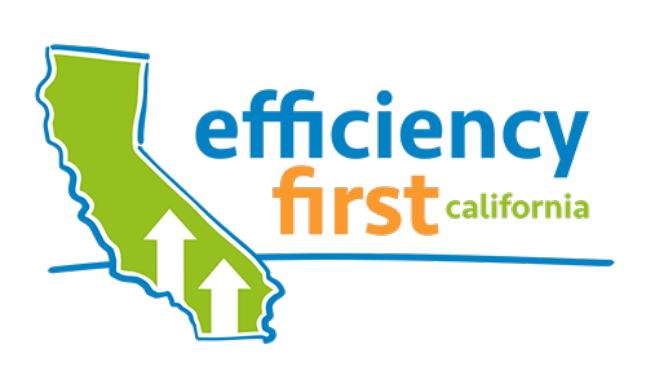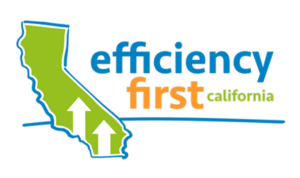The “Three Prong Test” – No longer a barrier?
If you have worked in the energy efficiency space, it’s likely you have heard of the “Three-Prong Test.” In simplest terms, the three-prong test is a cost metric tool that has been in place for many years. The three-prong test was initially intended to be a consumer protection tool. In reality, it has proven to become a significant barrier to electrification efforts.
The three-prong test comes into play when you use ratepayer funds for incentives. Ratepayer funds are the largest bucket of funds available for energy efficiency incentives and are the source most utilities depend on for rebate dollars. The problem with the test is virtually no combination of equipment can pass the test if you don’t stay with the existing fuel source.
For years the test has effectively prohibited any form of fuel substitution, such as replacing a gas furnace with an electric heat pump, if you are incentivizing the conversion with ratepayer funds. The test is a huge barrier, as electric heat pump technology is far more efficient than natural gas or propane options. We have been frustrated by this outdated regulation for years.
The good news is we are on the verge of having this barrier removed. The folks at National Resources Defense Council (NRDC) have been working with the CPUC for several years to address this concern. Their diligence has paid off, and the CPUC has listened. There is currently a proposal in place that will once and for all, remove the restrictive components of the test. It’s not a done deal yet, but word on the street is the support and motivation to remove this barrier is very strong. Hopefully, next time you read this newsletter, the three-prong test burden will be a thing of the past, and we can fully support using the most efficient heating solutions available.
Heat Pump Water Heaters
It seems nearly every Utility, CCA, or REN in the state is working on incentive programs to increase the adoption of Heat Pump Water Heaters (HPWH). In many ways, this is a gateway to further electrification efforts. From a policy standpoint, there will be lots of funding and incentive dollars headed towards supporting the adoption of this technology.
My advice to contractors is that if you can install heat pump water heaters, you should reach out to your local utility, CCA, REN or local government and inquire about what their current position is on HPWHs. Offering HPWHs could very well position you as a front runner in this effort and grant you access to incentives and other information. I suggest that there is a solid business case for adding this to your roster of offerings. It’s time to do a little homework and learn a bit more about HPWHs so you can provide your customers with the most efficient solution for heating water.
Charley Cormany
Executive Director


